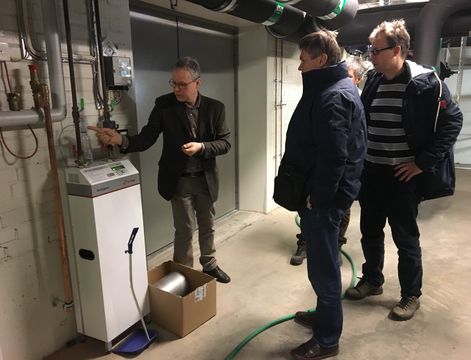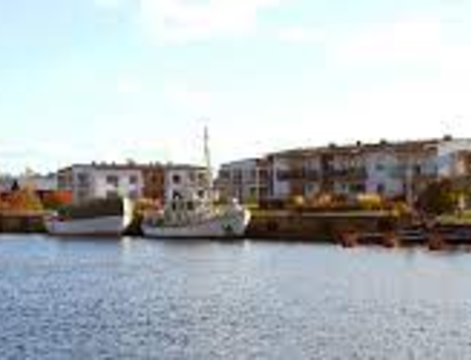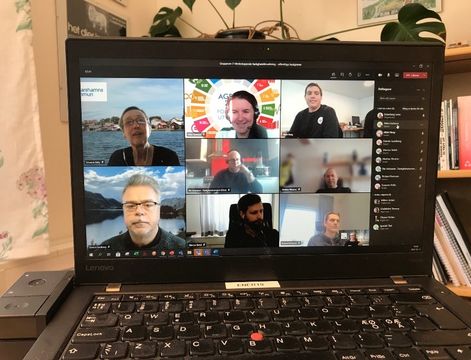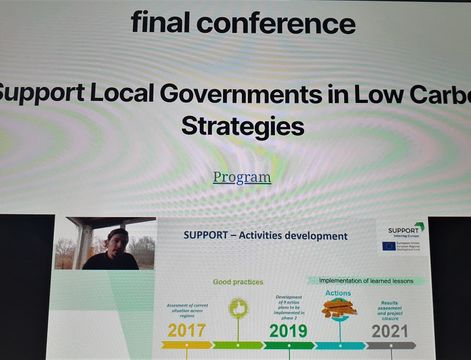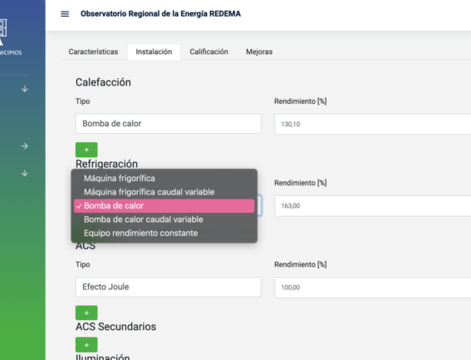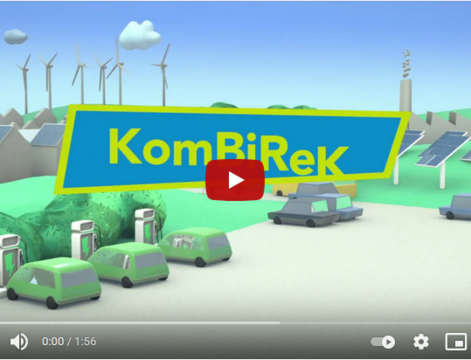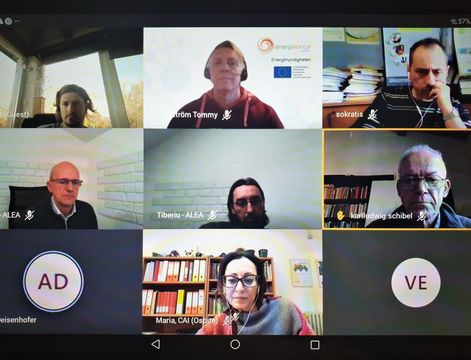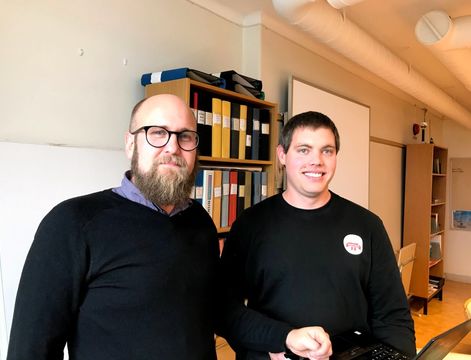On May 4, 2017, ANATOLIKI S.A organized the 1st Local Support Group (LSG) meeting in the Regional Council Room of the Region of Central Macedonia (RCM) in Thessaloniki, Greece.
More than 22 stakeholders participated, representing the Region of Central Macedonia (including one Vice Regional Director), ten municipalities of the region (one mayor, representatives from municipal councils, from the Departments of Planning, Technical, Infrastructure and Finance), from the Central Macedonia Regional Union of Municipalities and from Private Stakeholder Associations pertinent to energy efficiency of buildings (the Hellenic Federation of Electricity Producers from Photovoltaics, the Hellenic Association of Photovoltaic Roofs).
It must be added that all participating municipalities have already submitted their corresponding SEAPs (some have also proceeded to their monitoring) and the Region of CM has recently awarded a tender for the survey of all its building, including their energy auditing and certification, with respective proposals for refurbishment.
Each participant took a few minutes to present its organization and afterwards ANATOLIKI staff (Mr. Konstantinou and Mr Sarigiannis), presented the SUPPRT project, its objectives and outputs, the benefits for the refurbishment of public buildings and a thorough analysis of the Questionnaire which once it goes online, is expected to collect the input of the Key Actors.
After these presentations, an active discussion took place, in which the participants expressed the current situation on the progress of their SEAPS, the correlation between policies and implementation, good practices and their pertinent projects on the field of energy efficiency (EE) of buildings. More specifically:
- The Mayor of the city of Edessa referred to EE actions already implemented in some public buildings such as green roofs, new frames and windows, indoor lighting, new burner-boilers. In addition, the city has taken a loan from a state bank, with low interest, and has started to modernize its street lights by installing LEDs. A noticeable reduction in electricity is clearly seen. The mayor expressed his interest in extending the use of PVs in schools.
- The city of Thermi, a Rural-Urban profile of a municipality, which due to its large area has a prohibitive cost of water pumping for fields irrigation, discussed the potential of using PVs at the pumping stations.
- The municipality of Pilea-Hortiatis, an urban type of a city, has been using Solar Thermal Systems for heating its municipal pool and domestic hot water. Moreover, it is using PVs in some schools, geothermal heating and cooling in an administration buildings, ground water heat pumps in a library and is interested in further EE interventions in schools and offices.
- The municipality of Neas Halkidonas, a rural one, expressed its concerns in implementing EE of its buildings due to the lack of capacity by its employees and welcomed initiatives such as the ones of the SUPPORT project to enhance its possibilities to undertake EE actions.
- The city of Thessaloniki, the 2nd largest in Greece with a population of approximately 1.3 million in its metropolitan area, which possesses a substantial number of public buildings, has effected several EE interventions (PVs in schools, change of heating systems, Electric Vehicles, LED Street Lighting, to name some), nevertheless is quite interested in finding out new good practices and financing opportunities to reduce its energy consumption in buildings.
All the public stakeholders are in the process of implementing energy efficiency actions in their buildings and the private sector is quite interested in providing technical support to fulfil this purpose. The online questionnaire is expected to provide guidance in these efforts.
Pictures of meeting here



